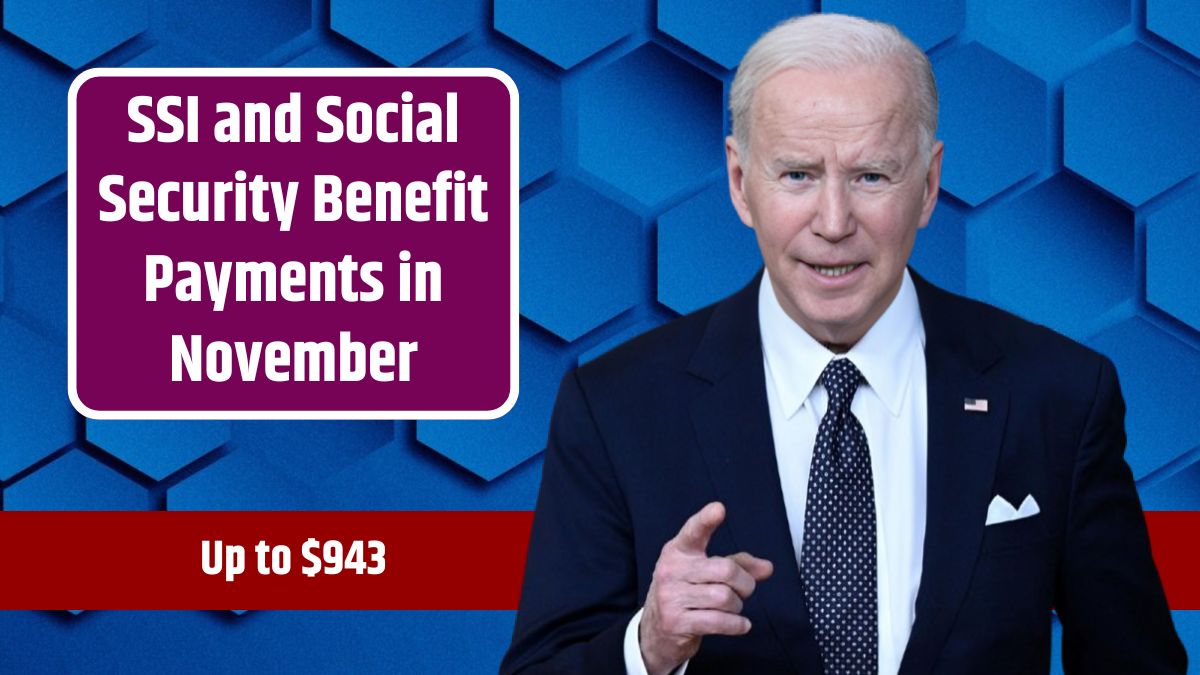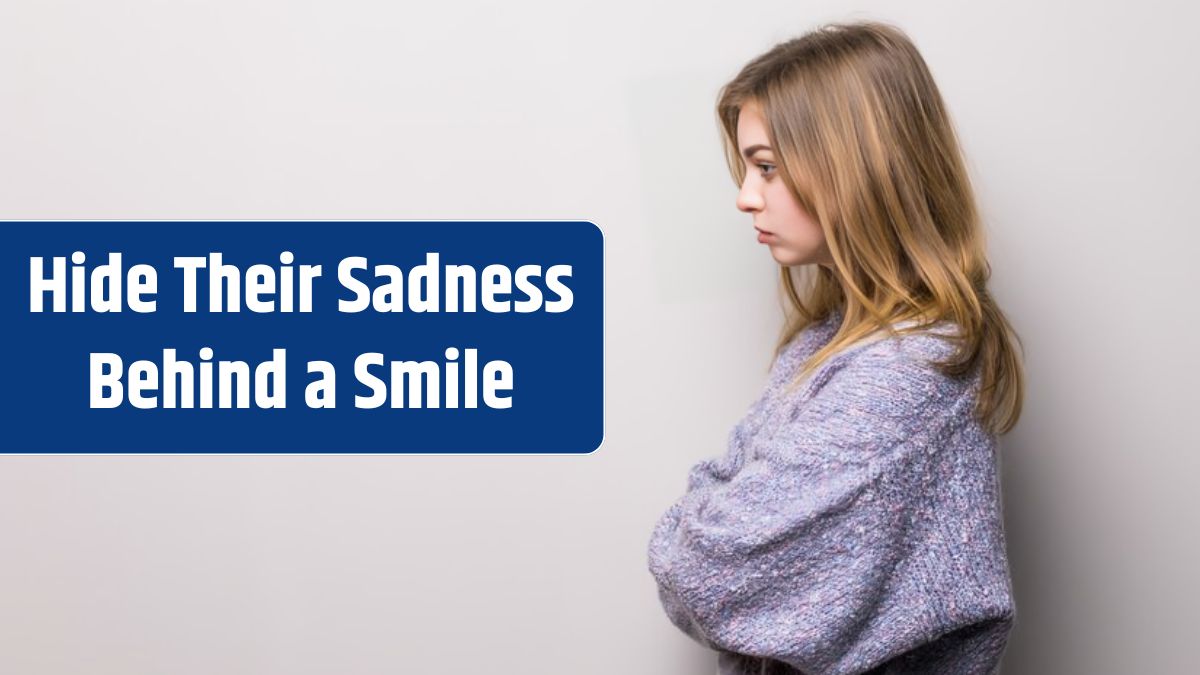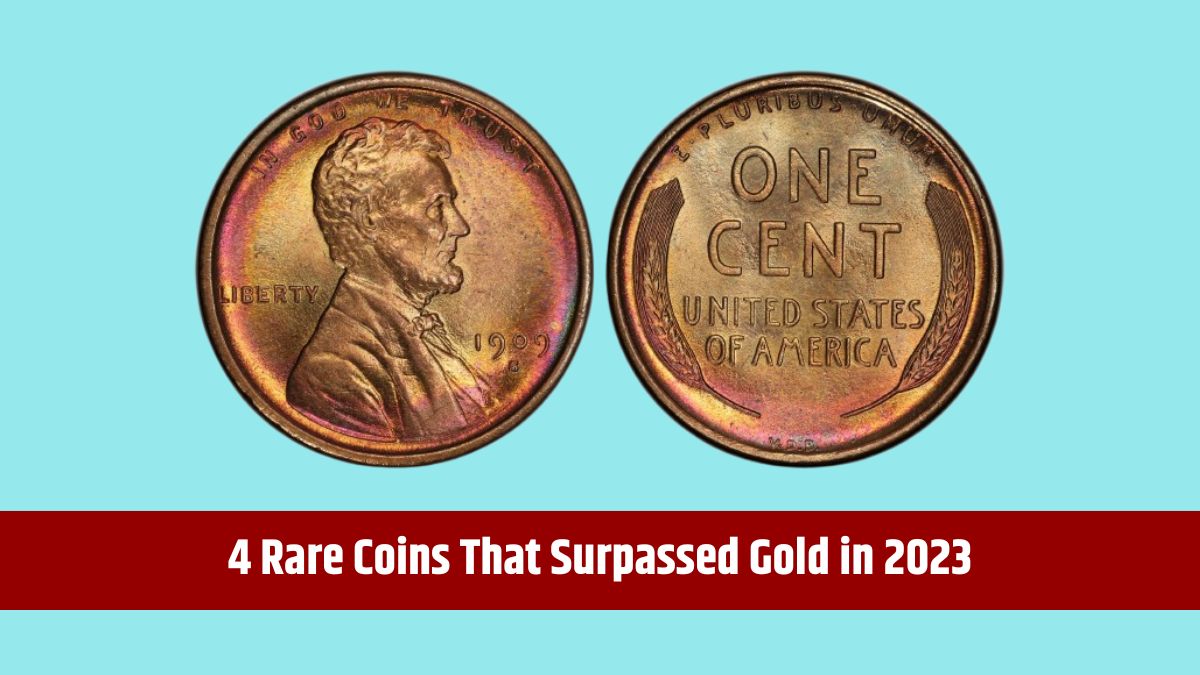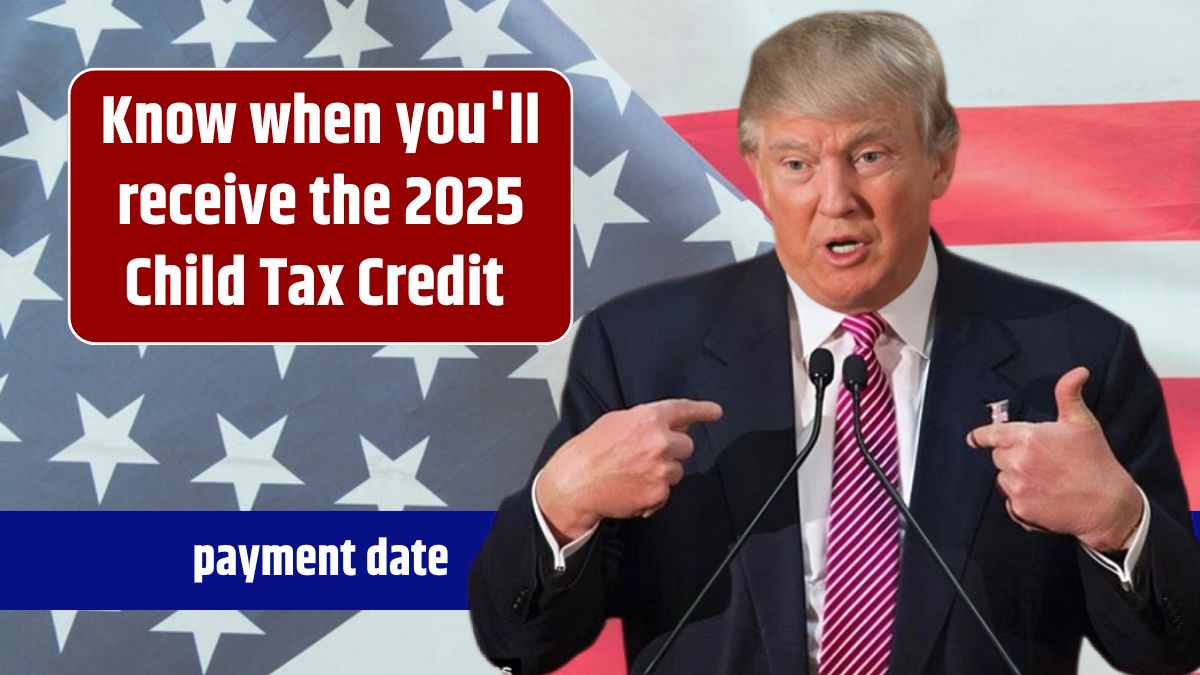Millions of Americans who depend on Social Security Administration (SSA) benefits can look forward to receiving their November payments soon. This includes both Supplemental Security Income (SSI) recipients and retirees, with payment dates scheduled to ensure beneficiaries have access to their funds throughout the month. Here’s a breakdown of the SSI and retirement payment schedule, along with some essential advice on protecting yourself from misinformation and scams about additional financial aid.
Payment Dates
For November 2024, SSI recipients and early retirees can expect a few key payment dates:
- November 1: This Friday marks the first SSI payment of the month. Retirees who began receiving benefits before May 1997 will also receive their November payment on this date. The SSA will deposit funds directly into beneficiaries’ bank accounts.
- November 29: Due to calendar adjustments, the December SSI payment will be sent early on November 29, as December 1 falls on a weekend. It’s important to remember that this isn’t an extra payment; rather, it’s an advance for December to maintain timely disbursement.
- Staggered Retirement Payments: For retirees who started receiving benefits after May 1997, the payment schedule follows a staggered approach based on birth dates:
- November 13: Retirees born from the 1st to the 10th of the month
- November 20: Retirees born from the 11th to the 20th of the month
- November 27: Retirees born from the 21st to the 31st of the month
These staggered payments help SSA manage distribution efficiently, minimizing system overloads and ensuring timely access to benefits for all recipients.
Stimulus Checks
Social media has recently seen rumors circulating about potential new stimulus checks. With inflation still impacting daily expenses, some Americans are hopeful about additional financial aid. However, no official confirmation of new stimulus payments has been made by the IRS or other federal agencies.
Impact
Rumors about stimulus checks often gain traction during times of economic uncertainty, but it’s crucial to approach this information cautiously. While immediate cash injections offer relief, experts debate whether such payments can inadvertently contribute to inflation or increase national debt. For now, policymakers remain divided on this topic.
Avoiding Scams
Older adults who rely on Social Security and SSI payments may be more susceptible to scams related to rumors of financial assistance. Here are some tips to safeguard against potential scams:
- Consult Reliable Sources: Always verify information through official websites like the SSA or IRS. Avoid acting on unsolicited emails, phone calls, or social media posts promoting financial aid.
- Beware of Fraudulent Websites: Scammers may set up fake sites or social media pages claiming to offer stimulus check applications. Only use official government websites for information and application processes.
- Avoid Sharing Personal Information: Never disclose personal details, such as your Social Security number or bank account information, unless you are sure of the source’s legitimacy.
Misinformation
Increased rumors about economic aid can create false expectations, leading to disappointment or even anxiety. Staying grounded by focusing on verified information helps manage financial and emotional well-being. Following trusted sources ensures that any legitimate benefits are known to you and allows you to plan your finances accurately and responsibly.
To avoid unnecessary stress, always check with reliable government agencies before making decisions based on rumors or unconfirmed financial aid announcements.
FAQs
When is the first SSI payment in November 2024?
The first SSI payment is on November 1, 2024.
Why is there a second SSI payment on November 29?
It’s an early payment for December due to calendar adjustments.
Do retirees get paid on November 1?
Only retirees who started benefits before May 1997 receive payment on November 1.
Is there a new stimulus check coming in 2024?
No official announcement has confirmed a new stimulus check.
How can I avoid scams related to financial aid?
Verify all information through official sources like SSA or IRS websites.






